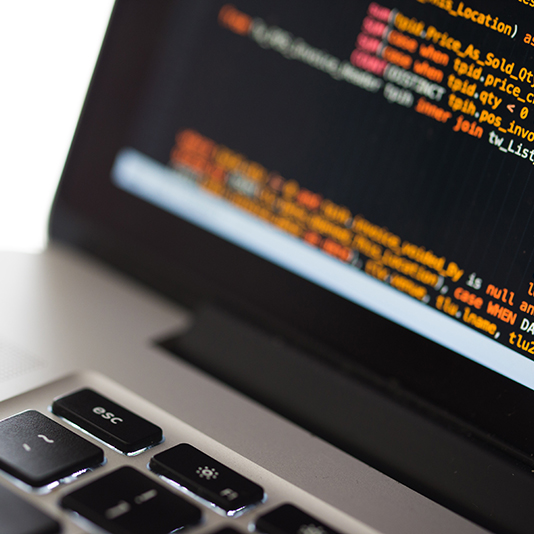Further Reading and Resources:
- Blockchain Applications in the Public Sector.
- Palfreyman, J. (2017, February 1) Blockchain for government: Building trust, Demolishing Bureaucracy. (IBM): IBM Blockchain Blog.
- O’Reilly, T. (2013) Open Data and Algorithmic Regulation. In Goldstein, B. and Dyson, L. (eds.) Beyond Transparency: Open Data and the Future of Civic Innovation.
- Rockwell, M. (2017) BitCongress—Process For Blockchain Voting & Law.
Blockchain Technologies
Blockchain Technologies were developed to underpin digital currency by securing, validating and processing transactional data. Such elements of Blockchain technology, which were conceived initially for Bitcoin, are now recognised to have far-reaching potential in other areas, especially for government. The core technologies are:
Distributed Ledger Technology (DLT) — a decentralised database where transactions are kept in a shared, replicated, synchronised, distributed book-keeping record, which is secured by cryptographic sealing. The critical distinction between ‘distributed ledgers’ and ‘distributed databases’ is that nodes of the distributed ledger cannot/do not trust other nodes—and so must independently verify transactions before applying them.
Smart Contracts — these are the rules, possibly computer programs, that attempt to codify transactions and contracts with the intent that the records managed by the distributed ledger are authoritative for the existence, status and evolution of the underlying legal agreements they represent. Smart contract technology can automate transactions, such as supply chains, and have the potential to automate laws and statutes.
Governments are increasingly launching projects that apply Blockchain technologies to transform regulatory compliance, contract management, identity management and government records. Other potential uses in facilitating elections and direct democracy models are also being discussed and developed.
Related Papers and Publications

Algorithmic Government - The Computer Journal
Paper #02
Paper #03
Paper #03

Next GovTechLab Event
Latest News
GovTechLab Event 18th Oct: Policy and Operations from Online Data
On the 18th of October (2018), a GovTechLab Knowledge Transfer Consortium event was held at UCL, which focused on the theme of ‘Policy and Operations from Online Data’. The event was chaired by Prof. Philip Treleaven (UCL), who started proceedings with an introduction...
read more‘Algorithmic Government’ paper published in the Computer Journal
The data science technologies of Artificial Intelligence (AI), Internet of Things (IoT), Big Data and behavioural/predictive analytics, and Blockchain are poised to revolutionise government and create a new generation of GovTech start-ups. The impact from the...
read moreGovTechLab Launched by Lord Holmes of Richmond
The GovTechLab Knowledge Transfer Consortium was launched June 5th with the participation of key opinion formers from across central government departments, top academic institutions and industry stakeholders. “Digital Government Technologies: Blockchain” was chosen...
read more



